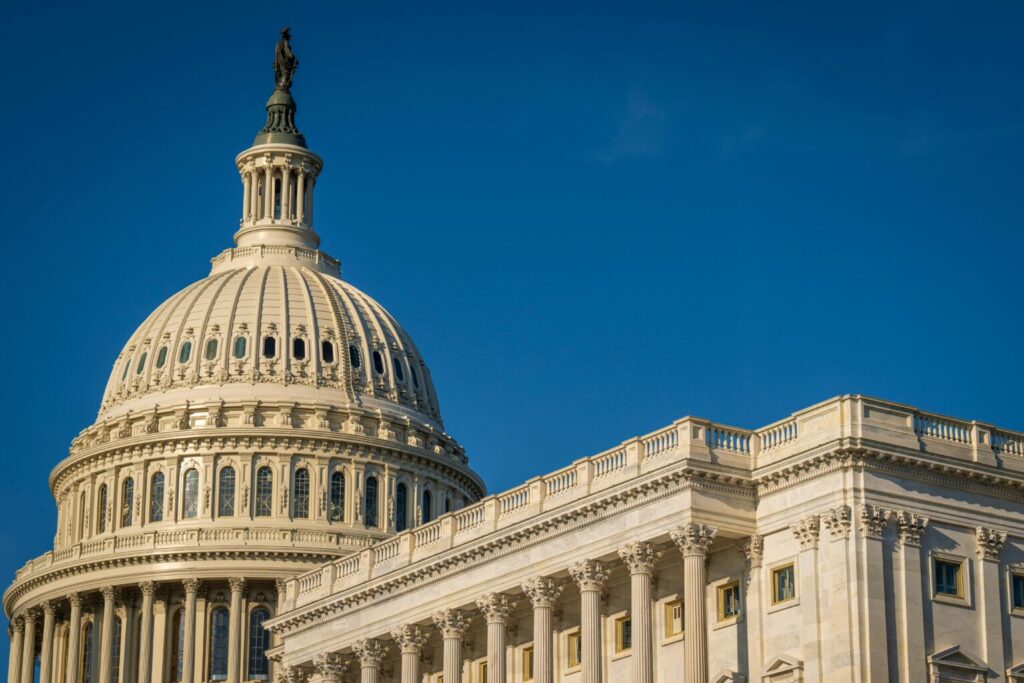The One Big, Beautiful Bill Act (OBBA), signed into law in July 2025, introduced sweeping reforms to the U.S. tax code with significant implications for small businesses. While the bill has been celebrated for simplifying certain tax provisions, it also introduces complex changes that business owners need to understand to take full advantage of new opportunities and avoid unexpected liabilities. These tax changes for small businesses under OBBA include higher deduction limits, restored bonus depreciation, favorable expensing rules, and international tax reforms. In this article, we break down the key changes affecting small businesses, focusing on practical details and updated figures to help you stay informed.
Key Takeaways: Tax Changes for Small Businesses Under OBBA
- Permanent Tax Relief for Small Businesses: The 20% Qualified Business Income (QBI) deduction is now permanent, with increased income thresholds and a $400 minimum deduction, providing ongoing tax savings for most pass-through businesses.
- Higher Expensing Limits and Bonus Depreciation: Small businesses can immediately deduct up to $2.5 million in asset purchases under Section 179, and 100% bonus depreciation is reinstated permanently for most business property, encouraging reinvestment and growth.
- Easier Compliance with Reporting Requirements: The 1099 threshold rises from $600 to $2,000, and third-party payment reporting returns to the $20,000/200 transaction rule, reducing administrative burdens on small business owners.
- R&D Tax Benefits Enhanced: Domestic research and development expenses are fully deductible again starting in 2025, with retroactive relief available for prior years, while foreign R&D remains subject to longer amortization.
- More Limits for International Businesses, More Incentives for Domestic Growth: Businesses with international operations face stricter rules under the renamed NCTI regime, while U.S.-focused companies benefit from expanded deductions, manufacturing incentives, and greater exclusions on small business stock gains.
Qualified Business Income (QBI) Deduction Becomes Permanent
One of the most important tax changes for small businesses under OBBA is the permanent extension of the 20% Qualified Business Income (QBI) deduction for pass-through businesses such as sole proprietorships, partnerships, S corporations, and LLCs. Income phaseout thresholds have been increased to $75,000 for single filers and $150,000 for joint filers, making the deduction more accessible to a broader range of business owners.
OBBA also introduces a $400 minimum deduction for those with at least $1,000 of qualified business income, ensuring even smaller businesses benefit. However, at least 75% of gross receipts must come from qualifying business activities to access the full deduction, and while Specified Service Trades or Businesses (SSTBs) remain partially limited, their thresholds are more generous than before.
SALT Deduction Relief and PTET Expansion
One of the other key tax changes for small businesses under OBBA is the increased State and Local Tax (SALT) deduction. For years, small businesses have struggled with the $10,000 cap on State and Local Tax (SALT) deductions. OBBA lifts this cap to $40,000 through 2029, adjusted annually for inflation. Additionally, businesses structured as pass-through entities can continue to benefit from Pass-Through Entity Taxes (PTET), which are now federally deductible for all pass-throughs, including SSTBs, expanding the tax-saving opportunities available at the state level.
Higher Section 179 Expensing Limits
To stimulate investment, OBBA raises the Section 179 expensing limit to $2.5 million per year, with a phase-out beginning at $4 million. These figures are set to be indexed for inflation from 2026 onwards. This means small businesses can immediately deduct the full cost of qualifying business assets, such as machinery and equipment, providing more flexibility to invest in growth.
Bonus Depreciation Restored to 100%
Another major incentive comes through 100% bonus depreciation, which is reinstated permanently for most business property acquired after January 19, 2025. Businesses investing in qualified production facilities can claim first-year depreciation for projects starting before January 1, 2029, though this incentive excludes office or IT-related infrastructure.
Business Interest Deduction Based on EBITDA
OBBA modifies how businesses calculate their interest deductions, shifting from an EBIT to EBITDA basis. This adjustment effectively raises the cap on deductible interest payments, especially benefiting capital-heavy industries. It also expands the floor plan interest deduction to include more vehicle types, such as trailers and campers.
Permanent Excess Business Loss Limitation
The cap on excess business losses is now permanent, limiting individuals to deducting $313,000 and joint filers $626,000 annually, indexed for inflation. Any losses beyond this threshold convert into net operating losses (NOLs) that can be carried forward to future tax years.
Higher 1099 and Third-Party Reporting Thresholds
A major compliance improvement among tax changes for small businesses under OBBA is the raised 1099 reporting threshold. The 1099-MISC and 1099-NEC thresholds increase from $600 to $2,000 per recipient starting in 2026. For third-party payment processors, the previous $20,000/200-transaction threshold is reinstated, reducing compliance pressure on small vendors and gig economy workers.
Immediate Expensing for Domestic R&D Returns
OBBA reinstates immediate expensing of domestic R&D costs, effective from 2025 onward. Businesses with less than $31 million in gross receipts can amend prior-year returns (2022–2024) or apply catch-up deductions through 2026. However, foreign R&D remains subject to 15-year amortization and is not eligible for the research credit.
New Rules for Pass-Through Business Income
Qualifying for the QBI deduction now requires that at least 75% of gross receipts originate from ordinary business activities. While SSTBs are still restricted, the new higher phase-out thresholds mean more business owners benefit. All pass-through businesses can utilize PTET options to mitigate federal tax obligations.
Targeted Industry Incentives
OBBA introduces enhanced incentives for manufacturing businesses, including full expensing of facility costs. For investors, Qualified Small Business Stock (QSBS) exclusions increase to $15 million or 10 times basis, with shorter holding periods required to claim partial or full exclusions. Clean energy credits are largely being phased out, though some benefits remain for rural investment projects.
International Tax Changes
The GILTI regime has been rebranded as Net CFTC Tested Income (NCTI), with a new top effective rate of 14%. The Section 250 deduction is reduced to 40% for NCTI and 33.34% for income under the Foreign-Derived Domestic Economic Income (FDDEI). The foreign tax credit percentage increases to 90%. New Section 951B adds reporting requirements for foreign-controlled U.S. shareholders, expanding compliance burdens for multinational businesses.
Updates to Opportunity Zones and Rural Lending
Opportunity Zones remain in place permanently, though current zone designations will sunset in 2026. Banks and insurers gain a new incentive, with a 25% income exclusion on loans to rural sectors like agriculture and aquaculture.
Conclusion: How OBBA Reshapes Small Business Taxes
The tax changes for small businesses under OBBA represent the largest overhaul since 2017. Small businesses gain from expanded deductions, increased thresholds, and restored incentives that encourage U.S.-based investment. However, the bill also tightens restrictions around loss deductions and international tax planning. Domestic, growth-oriented businesses stand to gain the most, while those with complex international operations may face more hurdles. It’s an ideal time to review your tax strategy to take advantage of the favorable changes and remain compliant with the new requirements.









